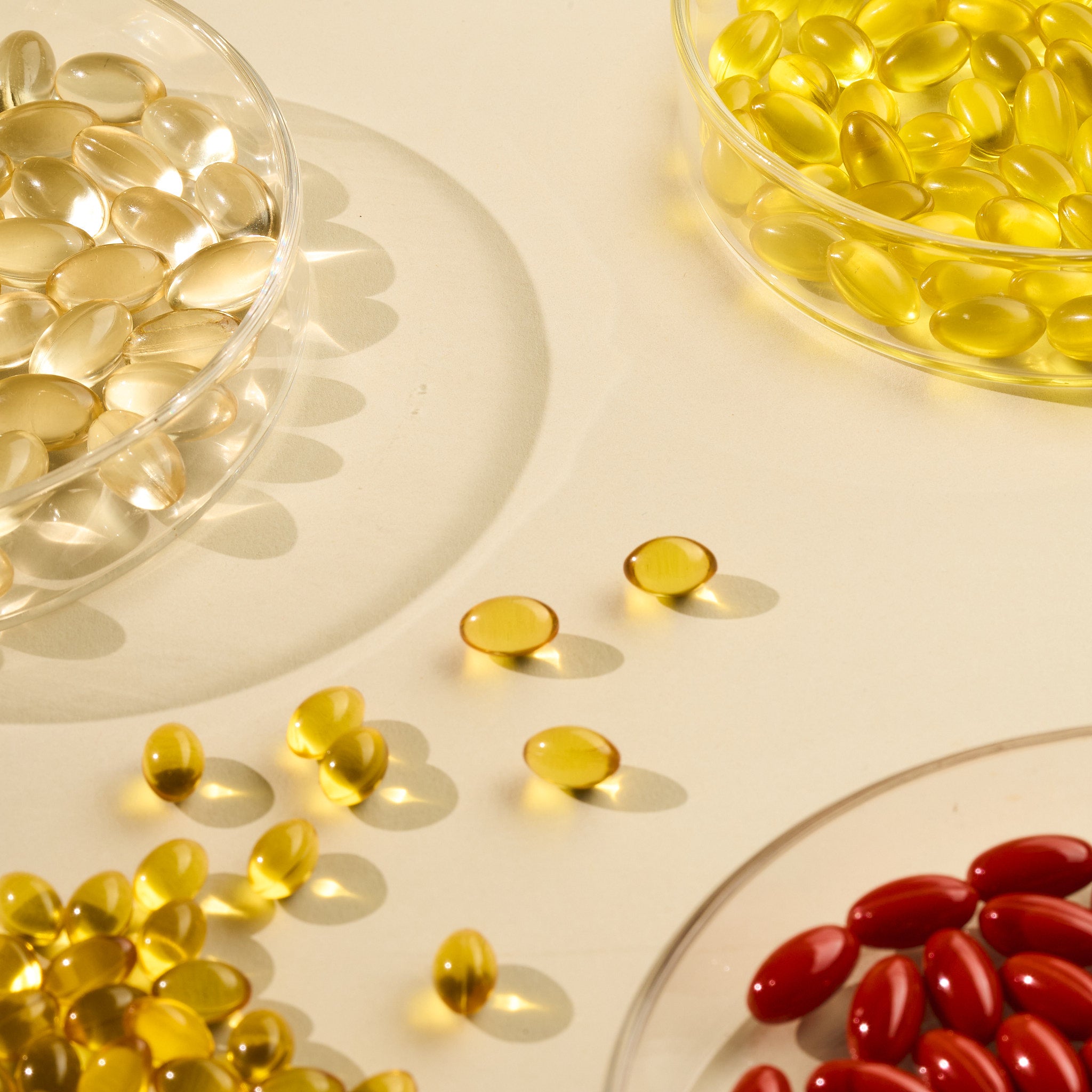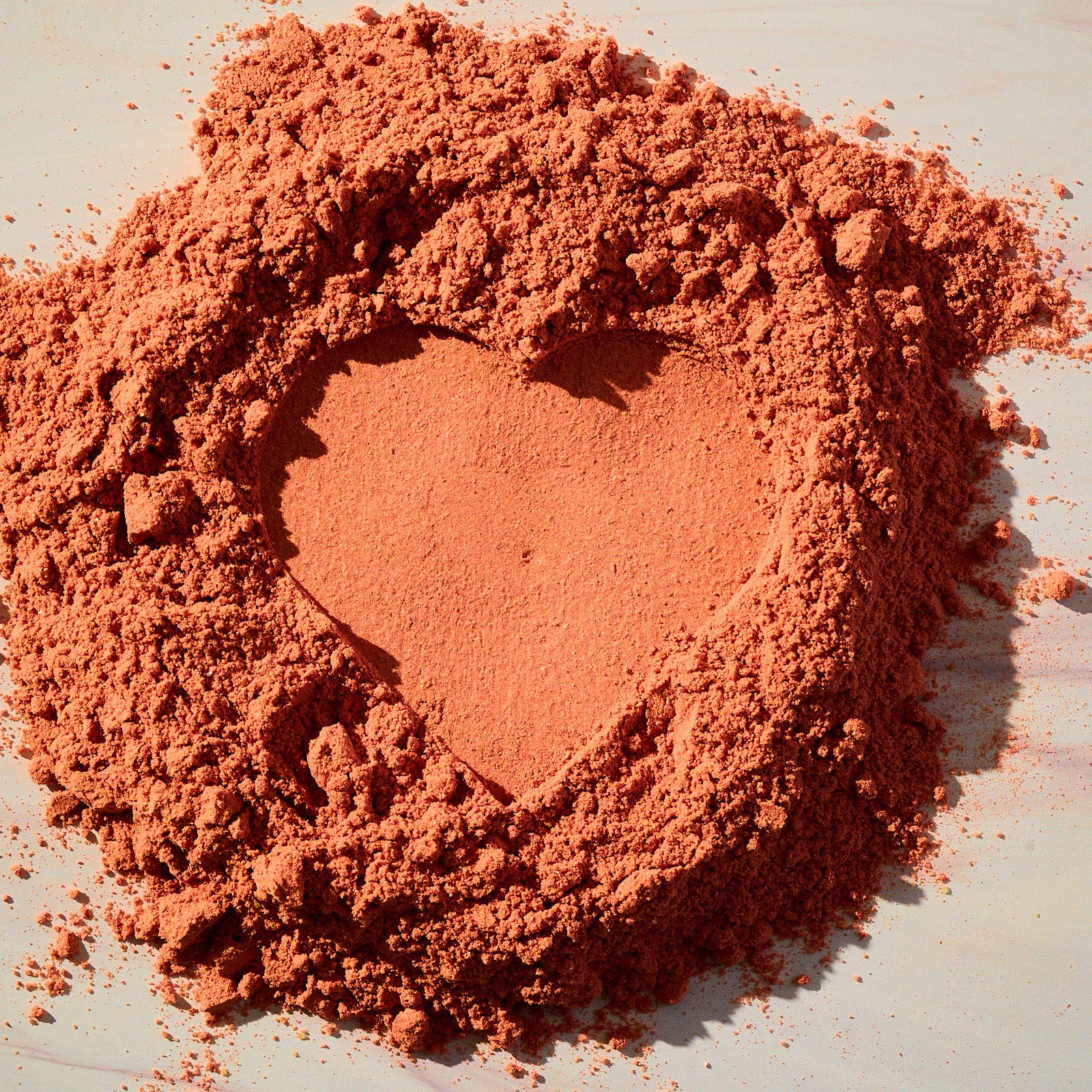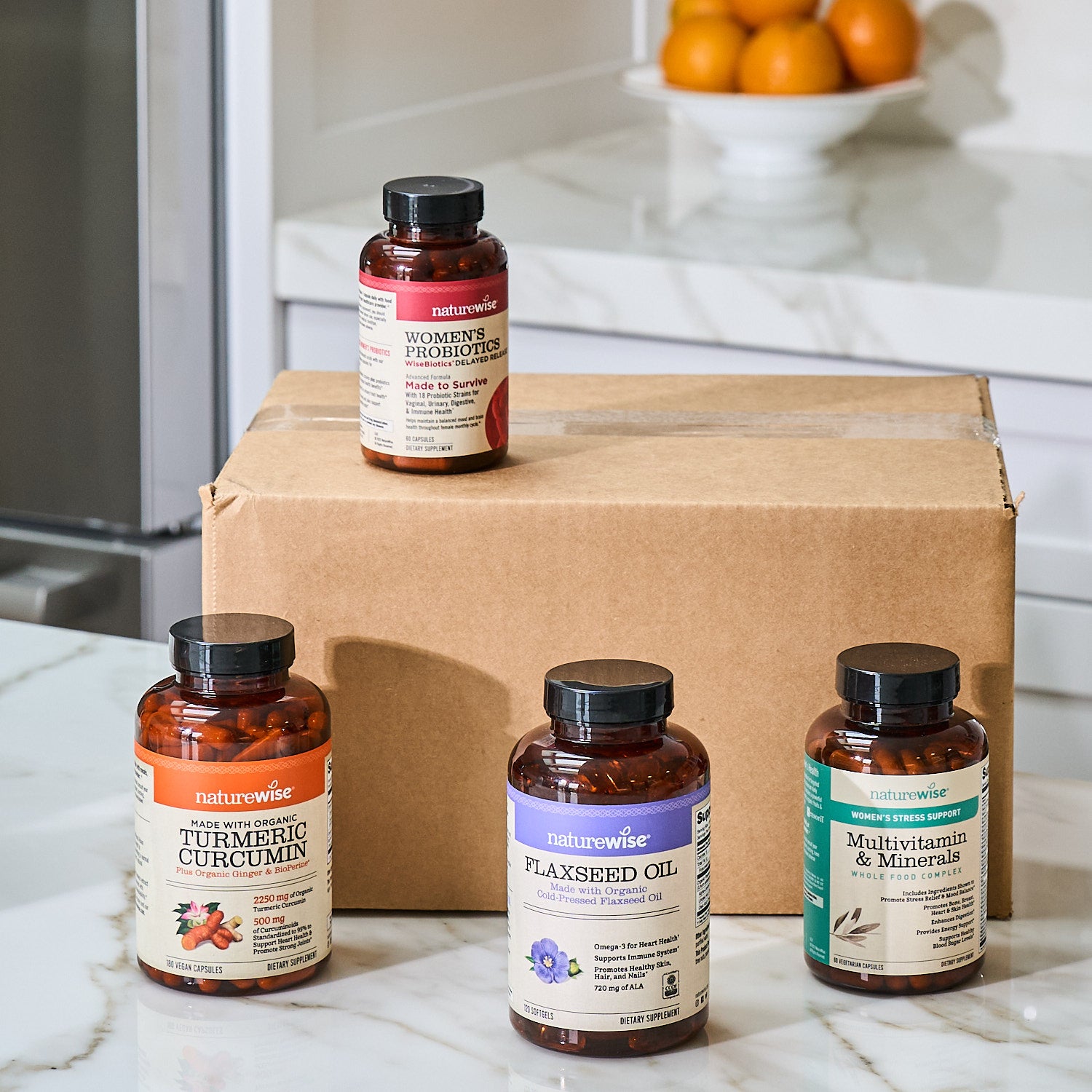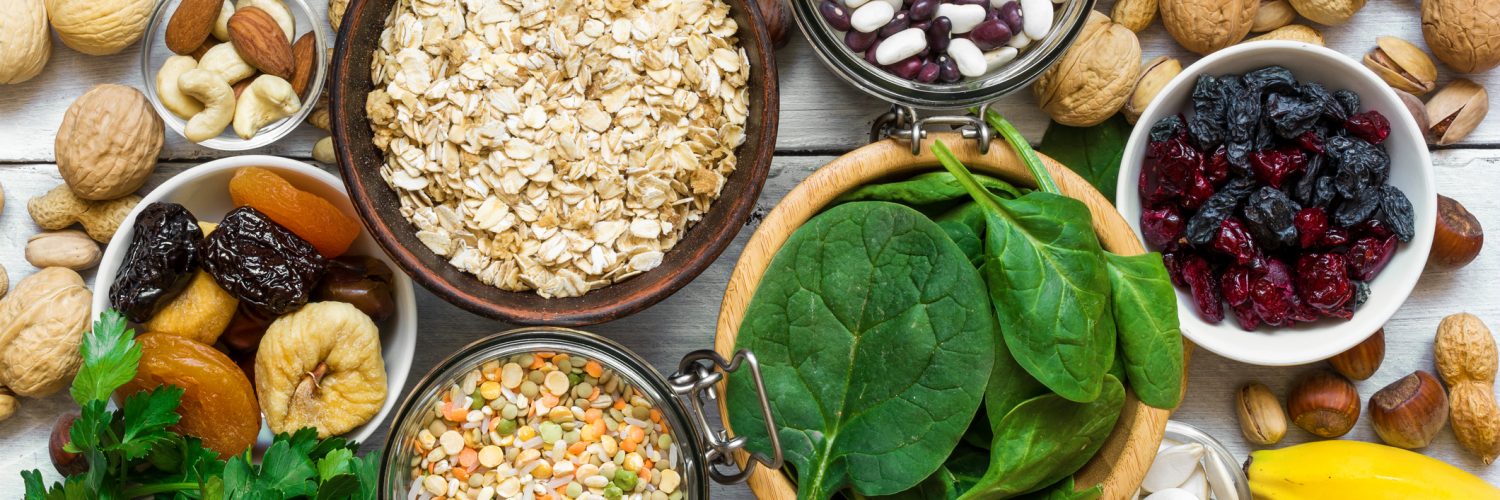The food you eat today isn’t anything like your grandmother’s. That’s a problem — but not for the reasons you think.
Though technological advances in the 21st century have led to an incredible abundance of food, nutrient deficiencies are also on the rise. Getting the crucial minerals that you need to stay healthy is harder than ever, even if you fill up on fruits and vegetables.
The reason? Farm soil just isn’t as nutrient-rich as it used to be, and the effects are getting passed on to your dinner plate.
Industrial Farming and Nutrient Levels

The evidence is clear: today’s farming successes are coming at the cost of soil health.
The 1950s sparked the beginning of the “Green Revolution,” a time when traditional crop varieties were intensively bred to grow bigger, faster, and more pest-resistant. However, this quicker growth came at a cost to nutrition, because it compromised the plant’s ability to take in nutrients during its growth stages.
At the same time, aggressive farming techniques began leaching nutrients from the soil without replacing them. As a result, the soil’s nutrient content is becoming more depleted every growing season — and so are our fruits and vegetables.
Mineral-Deficient Foods
If this sounds too much like science fiction to be true, soil research says otherwise. In 2004, the University of Texas published a report revealing that over 40 different fruits and vegetables had lost significant amounts (often up to a third) of nutrients like protein, calcium, vitamin C, iron, vitamin B2, and phosphorus since 1950.
These nutrient problems aren’t limited to the produce aisle. Research shows that conventionally-grown wheat has 20% less magnesium than it did in 1968 — likely because of an overemphasis on certain fertilizers that cause the plants to grow faster, leaving them less time to absorb nutrients from the soil.
Even animals are feeling the effects of poor soil, as nutrient deficiency illnesses are on the rise for cows raised in conventionally-managed pastures.
What This Means for Your Health

In the big picture, do these nutrients deficiencies really matter? They do, more than you’d think.
Your body requires a regular mineral supply for almost every physical process. Minerals are essential for building strong bones and teeth, regulating the blood supply, and promoting healthy skin and hair. They help transmit nerve impulses and support healthy muscle function, including the contraction of your heart. They are also important for the body’s metabolic processes, such as producing energy from food.
This means that falling short on your mineral requirements can lead to a host of health problems, including a higher risk of osteoporosis, chronic fatigue, an inability to concentrate, lower immune system functioning, and even serious heart conditions.
Mineral deficiency is so prevalent today that you might not even know how to recognize it, because it’s easy to confuse its symptoms for other conditions. But any of the following symptoms could be a sign of a mineral deficiency:
- Slow-Healing Cuts: Zinc is critical for wound healing, and a deficiency can lead to open sores and a higher chance of scarring.
- Calf and Foot Cramps: Inexplicable pain in your legs (especially when sitting still) is often a sign of a calcium, potassium, or magnesium deficiency.
- Unpleasant Foot Odors: Strange as it sounds, a strong foot odor might be a sign of magnesium or zinc deficiency.
- Cravings for Chocolate: This sweet substance is naturally high in magnesium, and an excessive desire can be a sign your levels are low.
- Frequent Yeast and Fungal Infections: Low iron and zinc often lead to excessive amounts of copper in your system, which can trigger ideal conditions for yeast and fungal growth.
- Hypertension: If your heart feels like it’s racing out of your chest, you might be experiencing a potassium deficiency, as this critical mineral controls heart muscle contractions.
Increasing Your Mineral Intake

If you want to return to the nutrient-rich diet of your great-grandparents, it’s important to eat the same foods they did. This means opting for naturally-grown produce as much as possible, paying particular attention to labels like ‘Organic,’ ‘Demeter Certified,’ and ‘Certified Naturally Grown.’ Plants that are sustainably and organically grown are raised in healthier soil, which gives them a higher nutrient value.
It’s also important to fill up on other mineral-rich foods, such as nuts, lentils, seafood, and bone broth. Stay away from processed foods, which are stripped of their nutrient content. And take note of your sugar consumption: according to some reports, it takes your body 54 grams of magnesium to process one gram of sugar! This severely depletes your mineral stores.
Supplementing your diet with a good multivitamin and mineral complex is a great way to ensure that you are getting the essential nutrients you need. Look for a supplement that’s specially formulated for men or women, since men and women have somewhat different mineral requirements. The minerals should be in an “activated,” “chelated,”or “ionic” form, meaning a form that the body can easily absorb and use.
Mineral deficiency might be on the rise today, but there are steps you can take to keep your levels high. By staying away from processed foods and filling up on produce grown in healthy soil, you may succeed in restoring your body’s mineral concentration to the levels your grandma took for granted.















